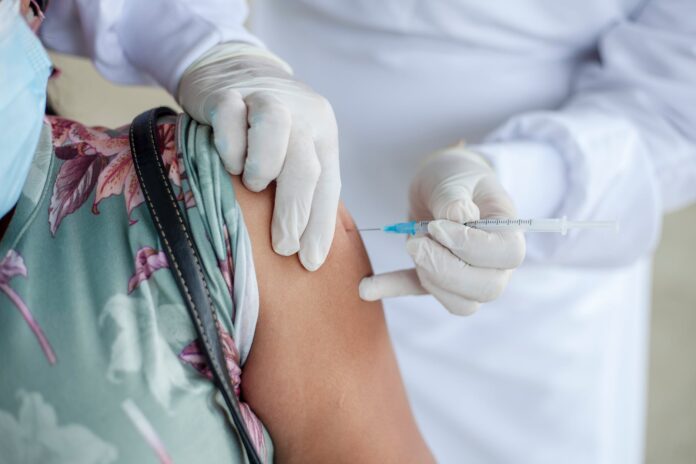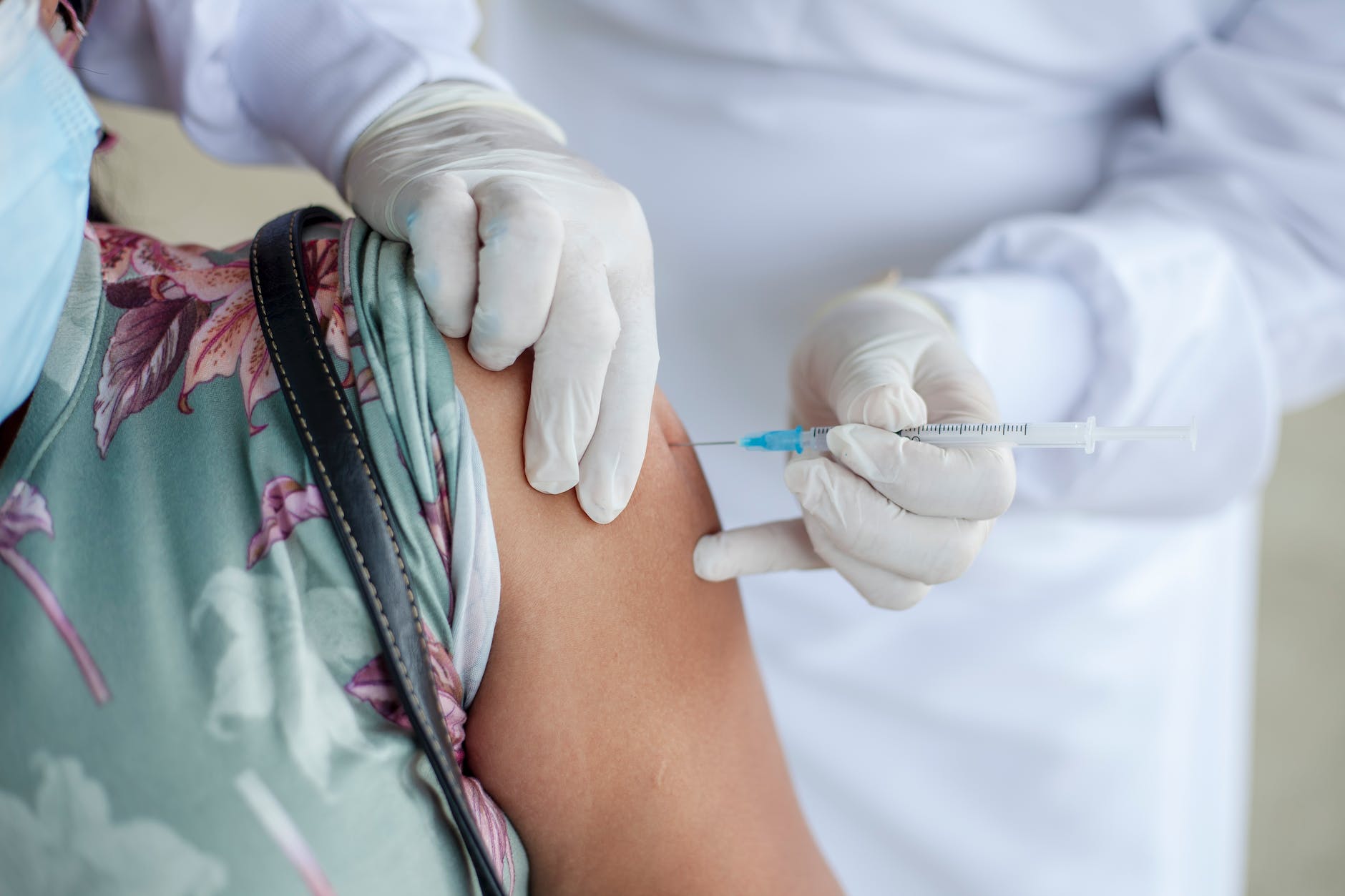

The United States is grappling with another surge of COVID cases, and it’s likely that you’ll encounter the virus in the upcoming weeks if you haven’t already.
This poses a potential issue for the majority of individuals who are yet to receive the latest bivalent COVID vaccine. Recent data from the Centers for Disease Control and Prevention (CDC) indicates that only approximately 19% of adults in the U.S. have chosen to receive the shot.
According to experts, a close encounter with COVID might serve as the motivation required to schedule a vaccination appointment.
While there is no official guidance on vaccination after exposure to someone positive for COVID-19, Andrew Stanley Pekosz, PhD, a professor and vice chair of the W. Harry Feinstone Department of Molecular Microbiology & Immunology at the Johns Hopkins Bloomberg School of Public Health, suggests, “If you haven’t been boosted, maybe that exposure may be the trigger for you to actually go out and get that vaccine.”
Can You Get Vaccinated Immediately After a COVID Exposure?
Getting vaccinated when you’ve been recently exposed to COVID-19 is a common concern for many individuals. While it’s ideal to get vaccinated before an exposure, it’s important to understand the guidelines for vaccination after a potential or confirmed exposure to the virus.
The general recommendation is to wait until the quarantine period is over before getting vaccinated, especially if you have tested positive for COVID-19. This allows your body to focus on fighting the current infection before introducing the vaccine.
If you’ve been in close contact with someone who has COVID-19 but have not tested positive yourself, it’s still advisable to wait until the quarantine period is complete before receiving the vaccine. This helps ensure that you are not currently infected and allows for the most effective immune response to the vaccine.
Always consult with a healthcare professional or local health authorities for personalized guidance based on your specific situation. It’s important to follow their recommendations to protect yourself and others.
I Was Exposed to COVID But Didn’t Get Sick—Why?
Does avoiding illness after a potential COVID exposure mean you’re now immune to the virus? Well, not quite, as explained by Bracamonte.
Several factors influence whether a person falls ill, encompassing stress levels, diet, underlying medical conditions, the duration of exposure to the virus, and the viral shedding level during the exposure. These variables vary with each exposure, and avoiding infection in one instance does not guarantee immunity or negate the benefits of vaccination for future exposures, according to Bracamonte.
For individuals with underlying medical conditions like hypertension, obesity, or diabetes, along with older individuals and smokers, Bracamonte recommends considering the latest vaccine if they haven’t done so.
For the young and healthy, he suggests making an informed decision after a candid conversation with a trusted physician, emphasizing that the COVID situation is unfortunately here to stay.
How Long After Having COVID Should You Wait to Be Vaccinated?
If you have recently recovered from COVID-19, you may wonder how long you should wait before getting vaccinated. The general consensus among health experts is that you should wait at least 90 days after the initial onset of symptoms before getting vaccinated. This waiting period allows your immune system to recover and reduces the risk of potential side effects from the vaccine. However, it’s essential to consult with your healthcare provider for personalized guidance based on your individual health status and medical history. By following their recommendations, you can ensure that you receive the vaccine at the most appropriate time for your specific circumstances.
